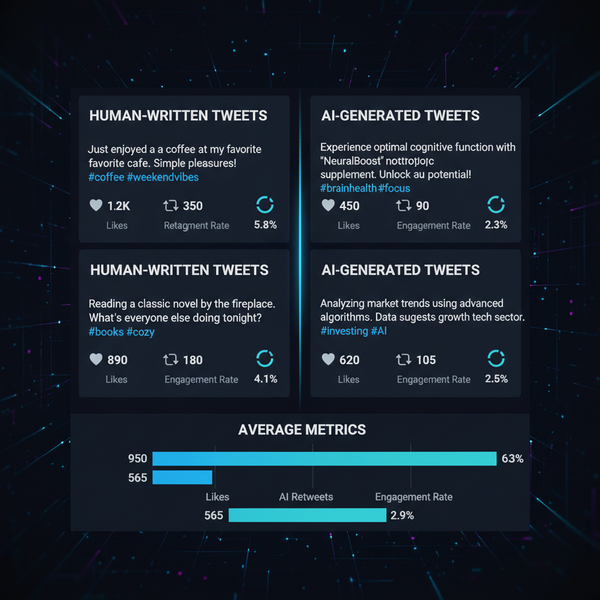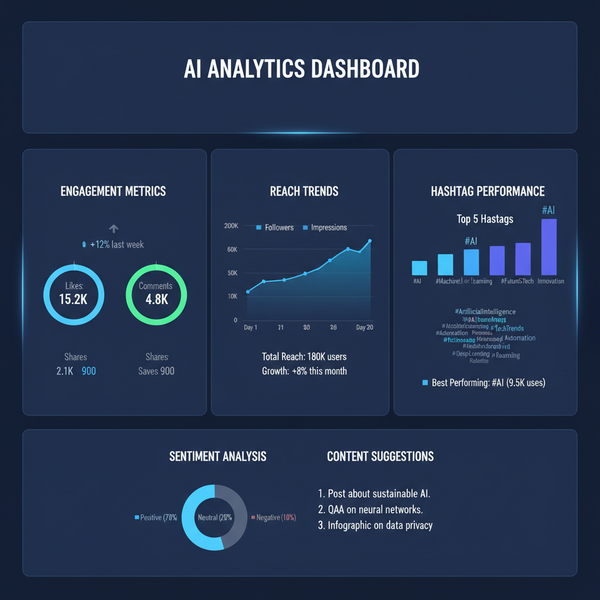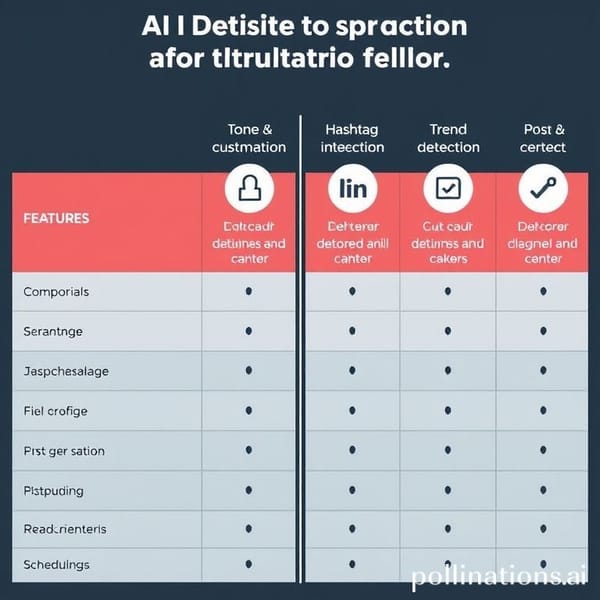How to Use Pinterest for Blog Traffic Growth Strategies
Learn how to use Pinterest as a visual search engine to grow blog traffic with keyword research, rich pins, SEO optimization, and eye-catching designs.
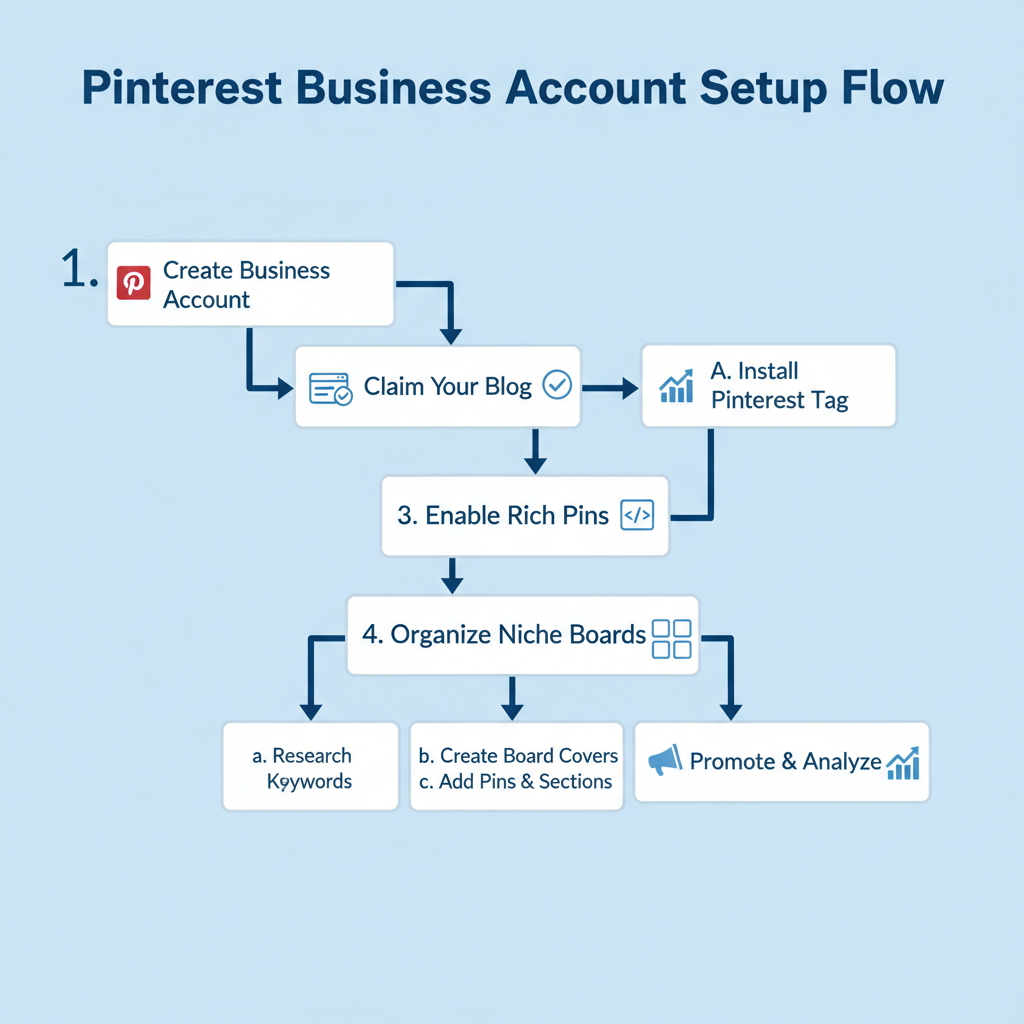
How to Use Pinterest for Blog Traffic Growth Strategies
Pinterest isn’t just another social media platform—it’s a powerful visual search engine that, when harnessed correctly, can become one of your most effective blog traffic growth strategies. In this guide, you’ll learn how to use Pinterest for blog traffic growth with step-by-step methods, keyword optimization tips, design strategies, and analytics insights to help you steadily increase visitors from Pinterest.
---
Understanding Pinterest as a Visual Search Engine
Unlike other social apps where posts quickly fade from view, Pinterest works like a search engine for ideas. Users actively search for inspiration, projects, and solutions—making your pins discoverable for months or even years.
Key differences from other social platforms:
- Pins are searchable and keyword-indexed.
- Content lifespan far exceeds real-time feeds.
- Users tend to have strong intent, often planning purchases or projects.

By treating Pinterest as a discovery platform, you focus on evergreen reach rather than fleeting engagement metrics.
---
Set Up and Optimize a Pinterest Business Account
A Pinterest Business account unlocks analytics, ad tools, and rich pin capabilities, all essential for scaling blog traffic.
Steps to set up:
- Visit Pinterest for Business and create your account.
- Complete your profile:
- Professional image or logo.
- Keyword-rich bio aligned with your niche.
- Direct link to your blog.
- Enable notifications for updates on engagement trends.
With a business account, you gain credibility and actionable performance data.
---
Claim Your Blog and Enable Rich Pins
Claiming your blog connects it to your Pinterest account. Rich pins enhance your content with extra details, improving click-through rates and trust.
Benefits:
- Auto-updates when titles or descriptions change.
- Extra context directly in the pin.
- Stronger brand authority.
Enabling steps:
- Place Pinterest’s meta tag or HTML verification code on your blog.
- Use the Rich Pins Validator tool.
- Wait for approval—then enjoy enriched pin data.
---
Conduct Keyword Research for Pinterest Trends
Pinterest’s search algorithm rewards keyword relevance—similar to SEO for websites.
How to find high-impact Pinterest keywords:
- Use Pinterest search bar autocomplete.
- Check Pinterest Trends for seasonal patterns.
- Study competitors’ top pins.
| Keyword Tool | Purpose | Benefit |
|---|---|---|
| Search Bar Suggestions | Autocomplete keyword phrases | Quickly identify popular searches |
| Pinterest Trends | Seasonal search volume data | Plan content around peak interest |
| Competitor Pin Analysis | See what keywords others target | Discover untapped opportunities |
---
Design Eye-Catching, Brand-Consistent Pin Graphics
Pinterest thrives on visuals—strong design encourages clicks and saves.
Best practices:
- Use vertical 2:3 ratio (e.g., 1000x1500px).
- Choose readable fonts and brand colors.
- Add a subtle logo watermark.
- Opt for high-quality images or custom illustrations.
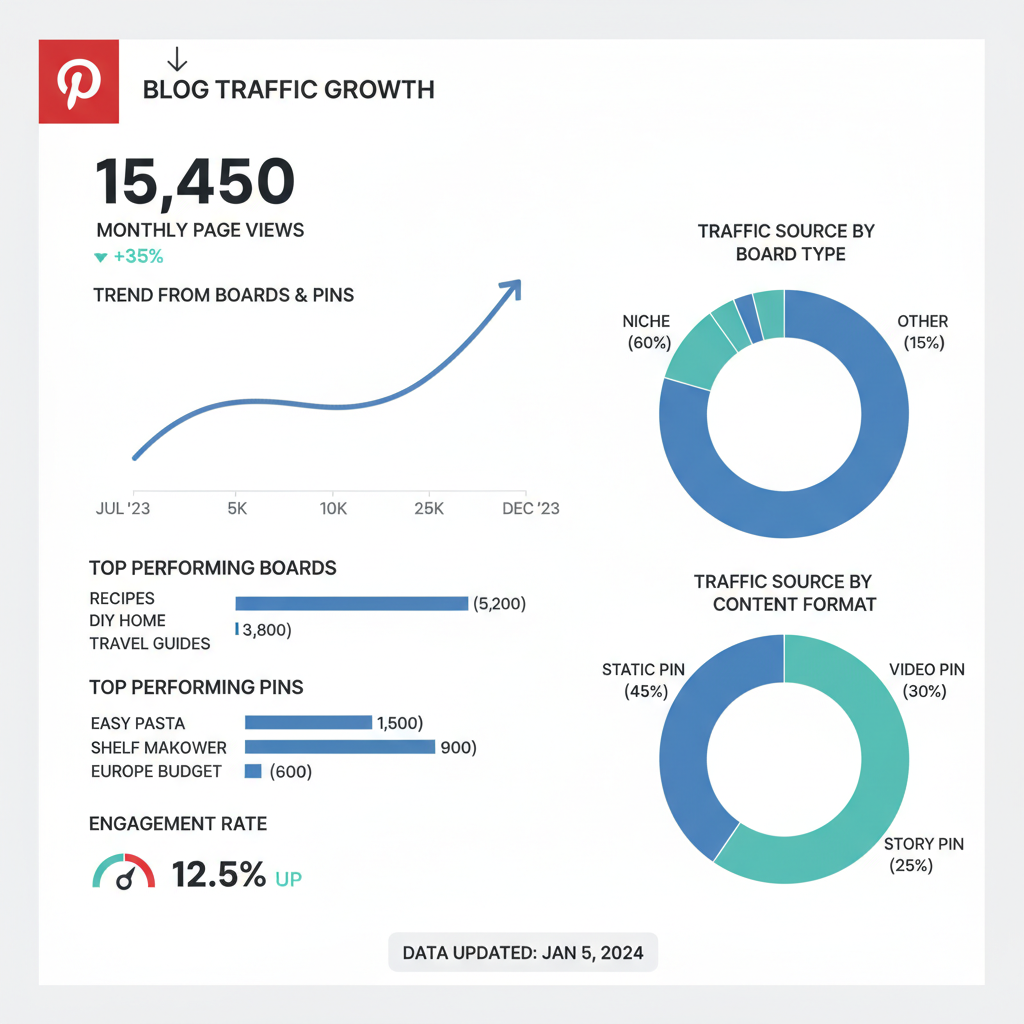
Tools to try: Canva, Adobe Express, which offer ready-made Pinterest templates.
---
Write SEO-Friendly Pin Titles and Descriptions
Optimized titles and descriptions increase visibility in searches and drive clicks.
Checklist for titles/descriptions:
- Integrate primary keyword naturally.
- Highlight clear benefits or solutions.
- Keep descriptions between 200–500 characters.
- Add relevant hashtags at the end.
Example:
> Title: "10 Easy Vegan Dinner Recipes for Busy Weeknights"
> Description: "Discover quick, delicious vegan dinner recipes perfect for hectic evenings. These plant-based meals are healthy, budget-friendly, and family-approved. #VeganRecipes #HealthyDinner"
---
Create and Organize Niche-Specific Boards
Boards improve content discoverability and guide visitors through your topics.
Steps:
- Create boards matching your blog categories.
- Write keyword-rich descriptions.
- Arrange boards with most important topics first.
Benefits:
- Neater profile presentation.
- Pins can belong to multiple boards for added reach.
- Better niche positioning.
---
Develop a Consistent Pinning Strategy
Pinterest growth requires consistent activity.
Strategy tips:
- Pin new blog posts immediately upon publishing.
- Re-pin relevant evergreen content seasonally.
- Mix manual pinning with scheduler tools.
Tools to schedule pins:
- Tailwind
- Buffer
- Later
---
Use Pinterest Analytics to Track Performance
Pinterest Analytics reveal which pins and boards are performing best.
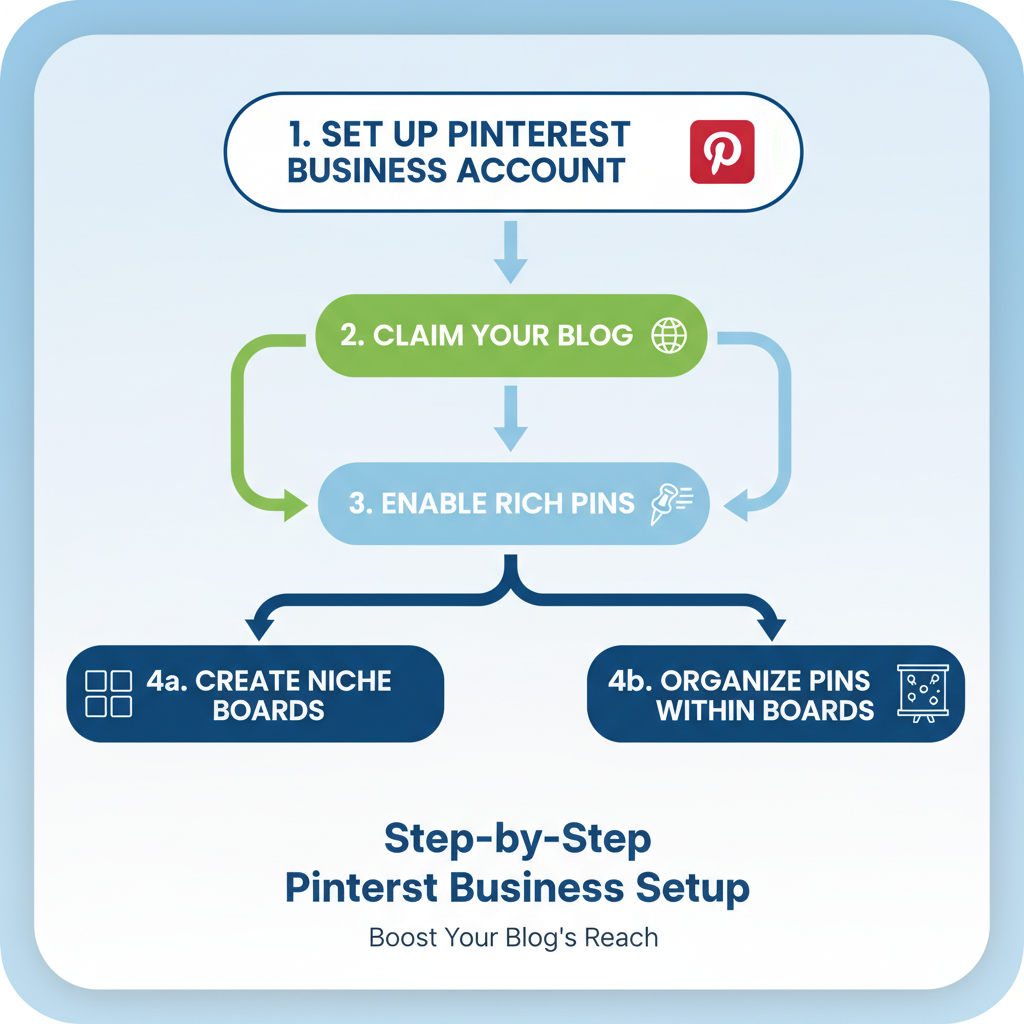
Metrics to watch:
- Monthly viewers and engagement levels.
- Link clicks driving blog visits.
- Top-performing pins over time.
Tracking lets you replicate content that yields the highest results.
---
Refresh and Re-Pin Old Blog Content
Repurpose older content with fresh visuals and keywords for new traffic bursts.
Process:
- Select evergreen posts.
- Redesign pin layouts or headlines.
- Add seasonal touches.
- Incorporate new, trending keywords.
Keeps your presence active and maximizes asset value.
---
Collaborate with Group Boards and Tailwind Tribes
Group boards and Tailwind Tribes can expand your reach beyond current followers.
Advantages:
- Tap into larger audiences.
- Build relationships with peers.
- Share content faster across communities.
---
Test and Optimize Pin Designs, Descriptions, and Posting Times
Consistent testing helps identify what resonates most.
Variables to try:
- Photo vs. illustration styles.
- Alternate headlines.
- Post at varied hours.
- Experiment with hashtag placement.
Tip: Track changes via analytics to focus on measured gains.
---
Summary and Next Steps
Pinterest is more than a social site—it’s a scalable visual search engine that can steadily funnel traffic to your blog. By optimizing your business account, harnessing keywords, designing compelling pins, organizing boards, and following a consistent posting strategy, you’ll position your blog for sustained growth.
Start applying these tips today, and watch your Pinterest profile evolve into a high-performing marketing tool. For faster implementation, create a batch of branded pin templates to maintain design consistency and efficiency.
---


